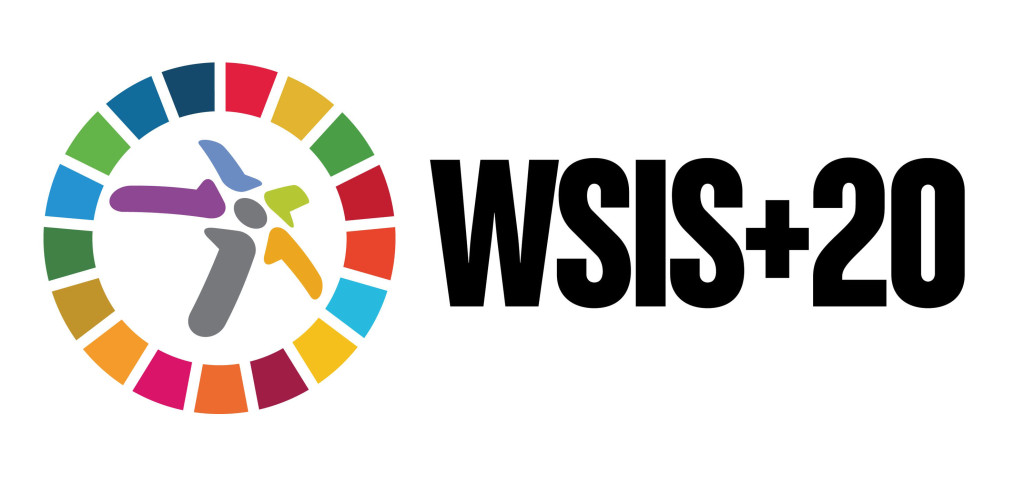West Africa IGF urges stronger regional connectivity, digital rights safeguards, and permanent IGF role in WSIS+20 process
The West Africa Internet Governance Forum has called for targeted measures to expand regional connectivity, protect digital rights, and strengthen African participation in global internet governance as part of the WSIS+20 outcome. Its submission urges support for community networks, local-language content, ethical AI tailored to regional needs, and a permanent role for the Internet Governance Forum, alongside safeguards against shutdowns and arbitrary surveillance.

The West Africa Internet Governance Forum (WAIGF) has submitted its input to the WSIS+20 Zero Draft, calling for targeted action to close regional digital divides, reinforce rights-based digital policy, and ensure meaningful participation of African stakeholders in global digital governance.
The submission emphasises continued gaps in access across the region, particularly between urban and rural communities and between men and women. It recommends restructuring universal service funds to prioritise community networks and cross-border fibre connections, alongside support for local language content.
WAIGF highlights digital public infrastructure as a foundation for inclusion, urging deployment models that respect data sovereignty and avoid dependence on a handful of global platforms.
On emerging technologies, the forum calls for locally relevant AI tools, regional ethical standards, and investment in datasets that reflect local languages and development priorities, including agriculture, health, and education.
The submission also points to growing environmental pressures linked to digitalisation, supporting renewable-powered infrastructure and stronger collaboration on e-waste and climate-resilient systems.
WAIGF urges integration of digital literacy in education, expansion of youth innovation programmes, and funding schemes for young entrepreneurs. It also calls for protections for journalists, women, children, and civic actors, while urging governments to refrain from internet shutdowns and arbitrary surveillance.
On security, the contribution stresses a need for a regional cybersecurity framework, improved capacity for national CERTs/CSIRTs, and public awareness campaigns to build digital trust.
WAIGF backs making the Internet Governance Forum a permanent UN body, strengthening its secretariat, and expanding support for African participation, including youth, SMEs, women, and civil society. It encourages alignment between WSIS+20 and the Global Digital Compact through shared reporting and annual national reviews.
The forum concludes that the WSIS+20 process should ensure West Africa is an active shaper of the future digital order and commits to working with regional and international partners to implement the expected outcome.


